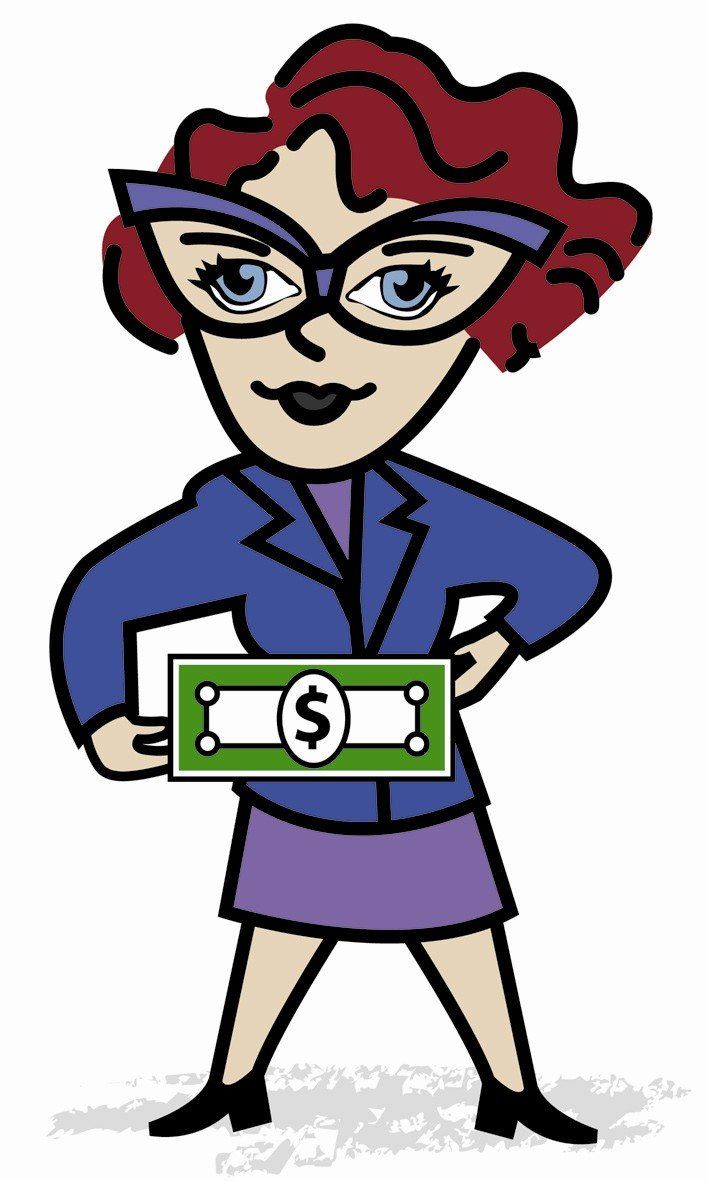Frequently Asked Questions
1. What expenses can I claim for my rental property?
- Legal fees up to $10,000
- Rates and Insurance
- Interest paid on funds borrowed to purchase your property
- Property Management fees & commission
- Repairs and maintenance (unless they improve property)
- Motor vehicle and / or travel expenses to inspect the property
- Mortgage repayment insurance
- Accounting fees
- Depreciation
2. Business structure - which one should I use?
Sole Trader
Advantages
- The simplest and cheapest way to start in business.
- Any income is taxed at the progressive rates of individual tax
- Disadvantages
- Does not provide limited liability. One is personally liable for the debts of the business. Personal assets can therefore be at risk.
- Income over $70,000 is subject to a 33% tax rate.
Partnership
Advantages
- More than one business owner - therefore more skills, experience and management expertise available.
- Low start-up costs companies to Limited Company.
- Tax is paid at personal rates.
Disadvantages
- No limited liability. Partners are liable (jointly and severally) for the debts of the partnership. This means that one partner is liable for debts another incurred on behalf of the partnership.
- Income distributions may be inflexible.
- No protection for partners assets which may be seized to satisfy partnership debts.
- Losses are deductible against other income, subject to certain loss offset limits.
Limited Company
Advantages
- Once a company name is incorporated no other company can be registered with the same name.
- It is a stand-alone entity - separate from the owners.
- Provides limited liability, although most lending institutions will require personal guarantees.
- Permits splitting of dividend income to shareholders
- If the company is a 'qualifying company' dividends will either have imputation credits attached which will reduce or eliminate the individual's tax liability.
- If the company is also a 'loss attributing qualifying company' tax losses can be attributed to shareholders.
Disadvantages
- Does not protect directors from personal liability. If a director continued trading when the company was insolvent one can be held to be personally liable for the debts of the company.
- Costs of establishing and administering are higher.
- Business losses have to remain in the company unless the company is an LTC.
3. When do I have to keep a vehicle logbook?
Sole-traders and partnerships may have to run logbooks if the vehicle they use for business is also used for private running. A logbook is required to be kept for 3 months every 3 years. You start with the kilometres at the start of the 3 month period then record the number km travelled that day and the reason for the trip. At the end of 3 months the total private km divided by the total km travelled during that time will give you the private use percentage eg.
If your situation changes within the 3 year period after that then you will need to do another log book. Companies do not have to do a log book, they are liable for FBT instead. Shareholders are deemed to be employees of the company and are therefore subject to FBT for cars available for private running.








